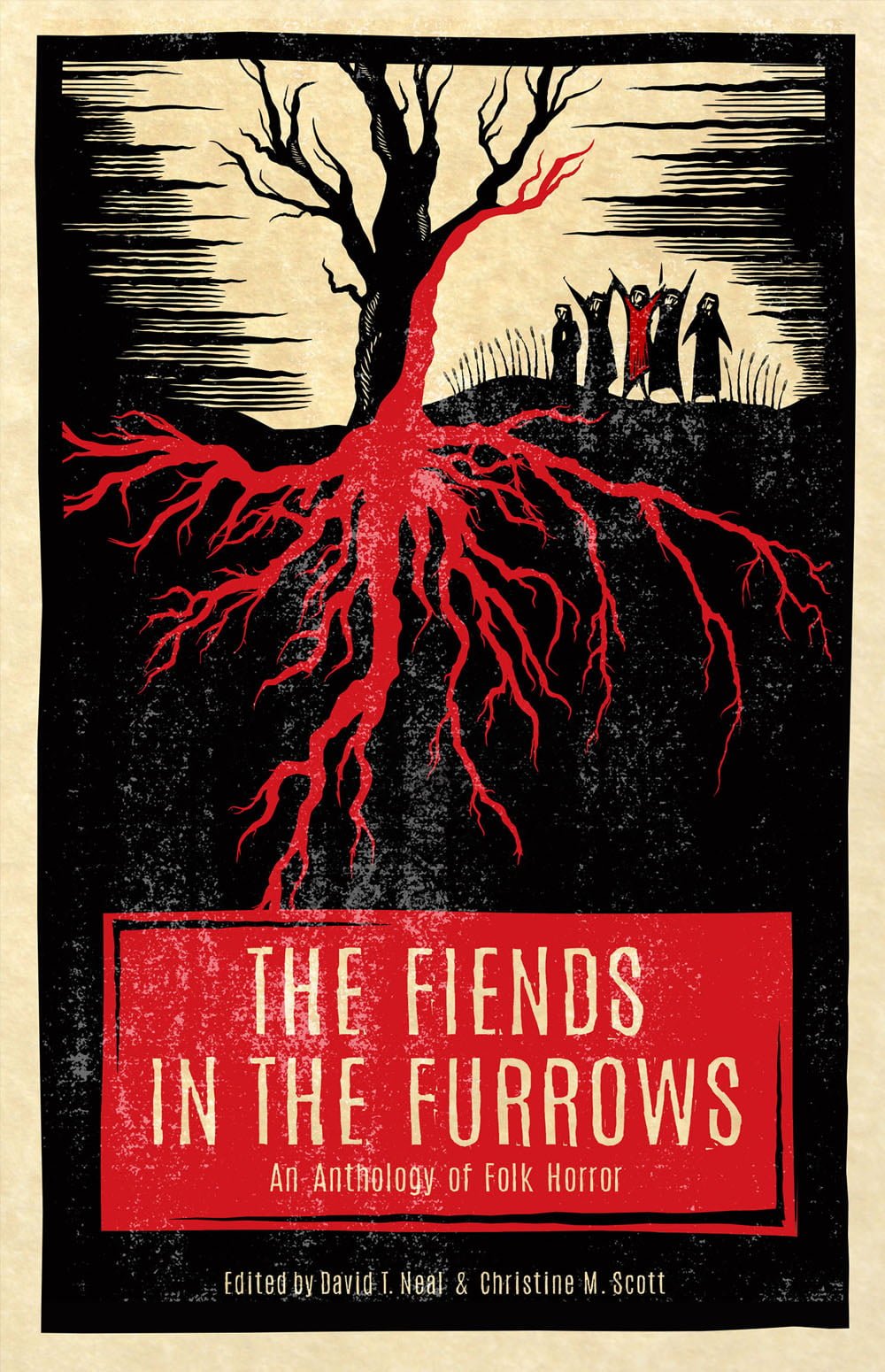Sam Hicks' story, 'Old Sylvester', will be opening the forthcoming Dark Lane Anthology Volume 9. Her short fiction has previously appeared in the anthologies The Fiends In the Furrows, Nightscript, and The Best Horror of the Year Vol. 11.
Q: What are your working methods? Do you sit down every day to write? Do you have a designated place to work?
A: I write every day when I’ve got a story on the go, but I
rarely have one ready to start when one’s finished, so days if not weeks can go
by without me doing anything much. I tell myself that inactivity is an
important part of the process. When I do have an idea, I ‘ll only do a couple
of hours a day on the first draft, because I find it so hard. But when that’s
done I’ll spend as many hours as I can on the subsequent drafts. I write in our
spare room, where I also do a bit of woodcarving.
Q: Tell us about one of your favourite short stories and why
you like it (not one of your own).
A: I immediately think of Seaton’s Aunt by Walter de la Mare.
That story haunts me. De la Mare was a master at conveying the mystery beneath
the surface. I quote: “We don’t even
know our own histories, and not a tenth, not a tenth of the reasons.”
Q: Tell us about one of your favourite short stories (done by
you).
A: I can’t bear to read them once they’re done, to be honest. I
always want to change them. But I’ll say Old Sylvester because it’s the only
one inspired by my walks in Dartford that anyone has published. Thanks for
that.
Q: Where do your ideas come from? Do you go looking for ideas – for example by
brainstorming, or do you wait for inspiration?
A: I get ideas by wandering around in a
receptive state, taking notes about random things. I go walking around the less
picturesque parts of Kent, because it’s easily accessible by train from south
east London. The degraded marshland and the industrial end of the Thames. The
strange isolated housing estates. But sometimes a phrase will just occur to me and inspire an idea.That’s
almost always when I’m wandering about though.
Q: Are
you a full-time writer? If you have another job, what is it and would you like
to become a full-time writer if you could?
A: I retired (early) from my Civil Service job three years ago,
and have certainly devoted myself more to writing since then. I did write bits
and pieces before that, but with no real seriousness.
Q: What
is the most difficult part of your creative process?
A: The
first draft. Just not giving up on it, because it’s always so bad. I have to
force myself to carry on, telling myself I can make it better in the second and
third draft. But I don’t always manage to do that, of course.
Q: If
you could go back in time, what would you say to your younger self about
becoming a writer?
A: Even
the writers I love have written things that leave me cold. But they’ve also written
things that have lodged in my mind forever. So I’d say don’t be dispirited when
you’re producing stuff you know isn’t brilliant, because every now and then
something will work. You don’t have to be consistent. Even the greats couldn’t
manage that. Actually, that’s the advice I’d give to myself now.



No comments:
Post a Comment